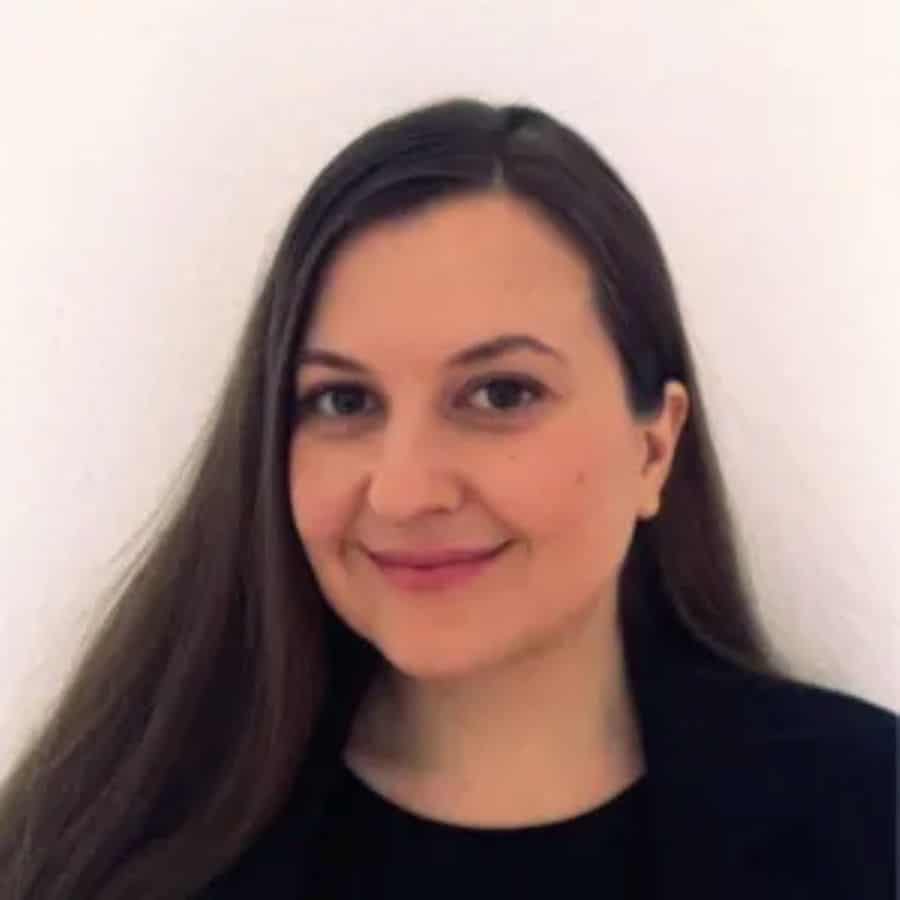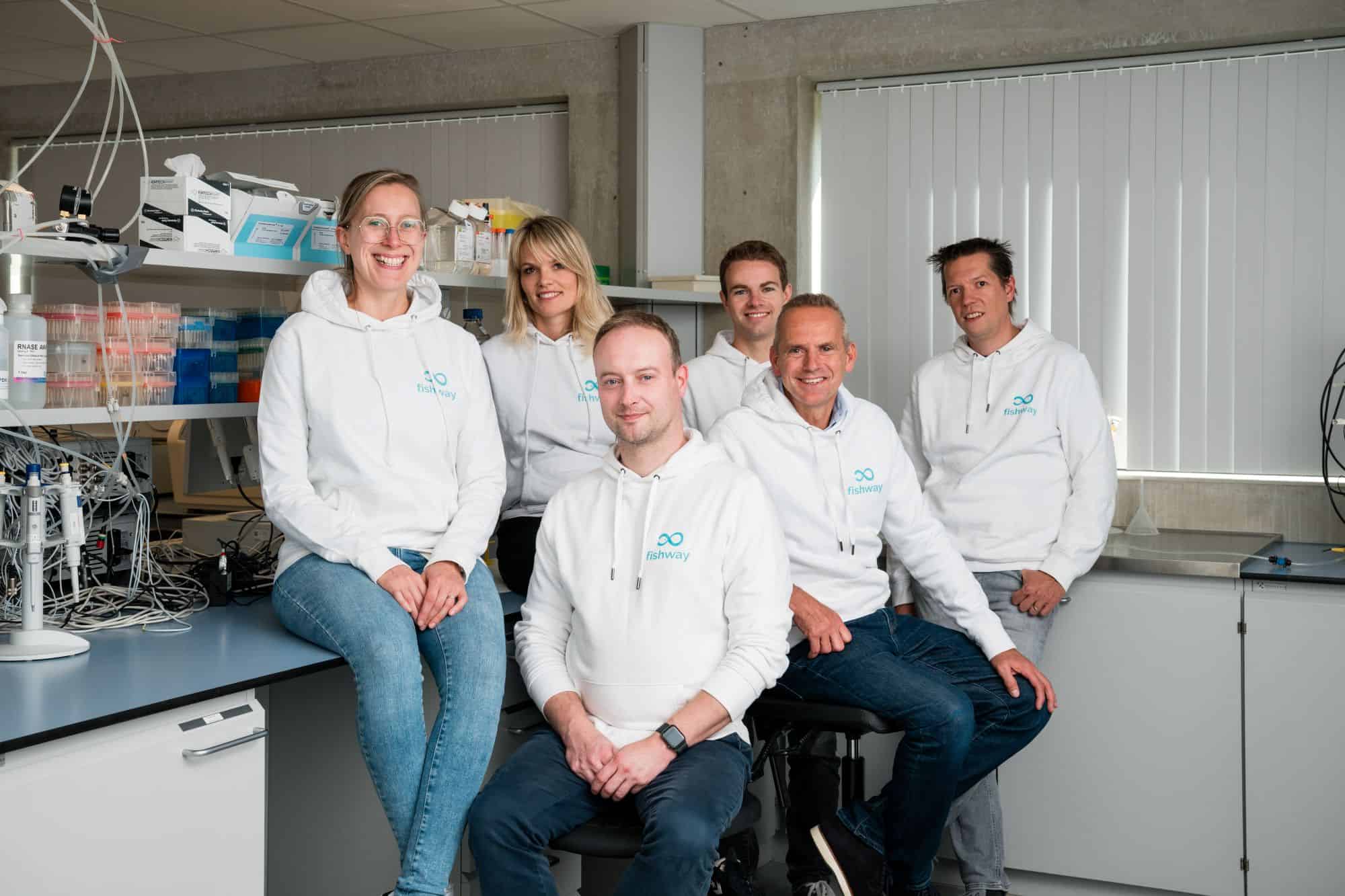In this podcast series, Alex Shandrovsky interviews investors about benchmarks for funding Alt Proteins in 2025 and uncovers the investment playbooks of successful Climate Tech CEOs and Leading VCs.
Podcast Host Alex Shandrovksy is a strategic advisor to numerous global food tech accelerators and companies, including alternative proteins and cellular agriculture leaders. His focus is on investor relations and post-raise scale for agrifood tech companies. This podcast is syndicated through our media partners, Foodtech Weekly and Vegconomist.
Episode 56: Fragaria Fruits
In this episode, I sit down with Harish Varadharajan, co-founder & CEO of Fragaria Fruits, who is on a mission to redefine India’s $140B fruit-eating experience by making high-quality berries available year-round in a market that currently only sees strawberries for three months a year. Harish breaks down how they built a hyper-frugal pilot farm on just $200K of angel money, proved plant-level unit economics, unlocked crazy demand from Indian e-commerce and retail players, and then secured a $2M mix of equity and creatively structured agri-debt.
We talk about how WEH Ventures tracked them for six months, tasted the product, and offered an unsolicited term sheet, why valuations in India follow a very different “playbook” from Silicon Valley, and how Fragaria thinks about IP, competition, and government-protected markets. It’s a masterclass in capital-efficient agtech, using debt as a growth weapon, and building defensible moats in emerging markets—all anchored around something as simple and powerful as a better strawberry.
Key Facts Time-travelling Milkman:
- Goal: To redefine the fruit meeting experience of Indian customers.
- Recently closed a $2M led by WEH Ventures and Rainmatter.
Alex’s Top Findings:
- How WEH Went From “Too Early” to a Fast Term Sheet. WEH Ventures initially passed at idea stage but tracked the team for six months. Once Fragaria had (1) plant-level performance, (2) clear demand signals from Indian e-commerce players, and (3) real interest from HNIs for debt, WEH flipped and issued a $500k term sheet within days—even though Fragaria wasn’t formally fundraising. ”WEH Ventures, at that point, thought our idea was too early. We are not a hundred percent sure of different things, which was, in a way, a good thing to happen to us at that point. So we took a bit of angel funding and we picked up the farm, brought the strawberries out by selling in the market. When WEH Ventures was tracking us, they tasted our berries, and they were like, ‘Man, these are extraordinary. These guys know what they’re doing.’ Then they came back, they called me for a meeting in Bangalore on a Friday night, and on Monday, we got a term sheet for half a million.”
- Prove the Plant, Not the Farm. The pilot was designed only to prove product and plant-level economics, not to build a profitable farm. They worked backwards from “how do we get 2–3 kg/day to test?” and optimized everything for ultra-low CapEx. “ We have to prove we can get great quality strawberries in India. People are ready to buy these properties. So we don’t need cages and tons of strawberries. We just need to get 2-3 kg of strawberries a day. We went around India for suppliers to sign in the cheapest way to build a farm. So we ended up building the farm, which is 70-80% cheaper than the Western farm.”
- Debt as a Core Part of the Scaling Strategy. Harish views Fragaria as half farming, half balance-sheet management. With a physical, cash-generating asset, he doesn’t want to use equity for every expansion. Instead, they use high-yield, tax-advantaged debt where the asset sits with the lender and Fragaria pays rent linked to project performance. “ Given this nature of the business, we cannot dilute the equity every time we need to build a new factory. We have to work on the debt of the project to scale up. For all the next longer funding, it will just be equity, which will be the last round of equity fundraising that we just scaled up. We pay a minimum guarantee of 15% of 40% of project revenue, which can go up to 22%. 15-22% interest is what we pay to the debt holders at this point in time. So we have structured it in a way that the asset belongs to the debt folder, and we pay them a rental income on that asset. So in that way it’s increasing of agricultural, which is not taxable in India.”
Link to Apple Podcast here.
Catch the full podcast series here.




